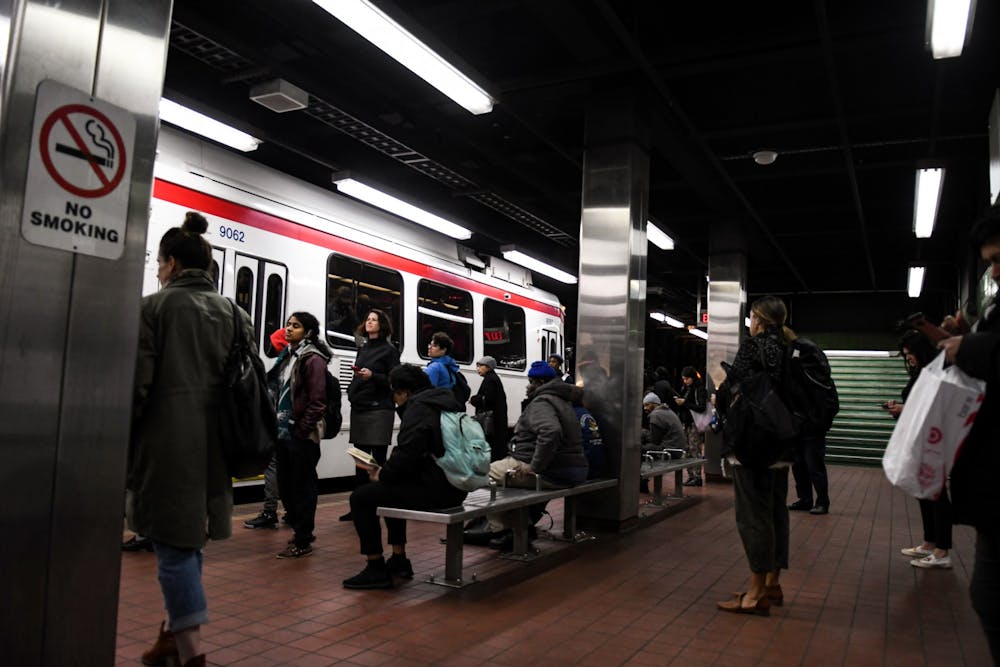SEPTA recently partnered with Merakey, a social services organization, to provide mental health and addiction services to vulnerable members of the community.
The pilot program, called Serving a Vulnerable Entity, will partner social service professionals with SEPTA transit police officers to treat individuals who are struggling with poverty, addiction, and mental health crises, The Philadelphia Inquirer reported. This service aims to combat an increase in certain types of crime caused by the COVID-19 pandemic, which has increased the population of vulnerable Philadelphians.
The social workers will be tasked with repeatedly connecting with community members and providing them with essential needs like fresh pairs of socks, the Inquirer reported. In addition to reducing crime, Merakey and SEPTA hope that this initiative will help establish long-lasting relationships with vulnerable individuals.
Between January and mid-October, reports from SEPTA transit police of unarmed robberies and theft of mislaid property increased in comparison to the same period last year, from 63 to 141 and from 413 to 471, respectively.
Aside from the department’s staffing struggles and fewer people on the street to witness crimes, SEPTA Police Chief Thomas Nestel III told the Inquirer that the rise in crime relates to the increased vulnerability of people facing poverty, substance abuse and mental health crises since the onset of the pandemic. Nestel added that he hopes social workers in SEPTA can reduce offenses among these vulnerable populations.
The program began after Nestel voiced SEPTA’s need for mental health specialists during a Philadelphia City Council committee hearing in 2019, the Inquirer reported. Nestel said at the time that he was concerned about “making a police response to an issue that is not a police issue,” the Inquirer reported.
“People expect police to be counselor, plumber, marriage counselor, lawyer, carpenter," Troy Parham of the Fraternal Order of Transit Police told the Inquirer. "They expect us to be all of these things, and we just aren’t equipped. We don’t have the training to be experts in the field.”
While SEPTA transit police currently have four specialists working primarily in the Kensington and Center City areas, they plan to bring on two more, the Inquirer reported. They hope that all departments across the country will implement these changes to the role of police within the community.
RELATED:
‘A fundamentally broken system’: Why protesters are calling to 'defund the police'
After backlash, SEPTA reverses policy requiring passengers to wear face masks
“In a couple years, I’m hoping that this becomes a regular thing in every police department and that every municipality, state, everybody across the board mirrors what we’re doing in recognizing that this can’t be all the police responsibility,” SEPTA Police Sergeant Bryan Carney told the Inquirer.









